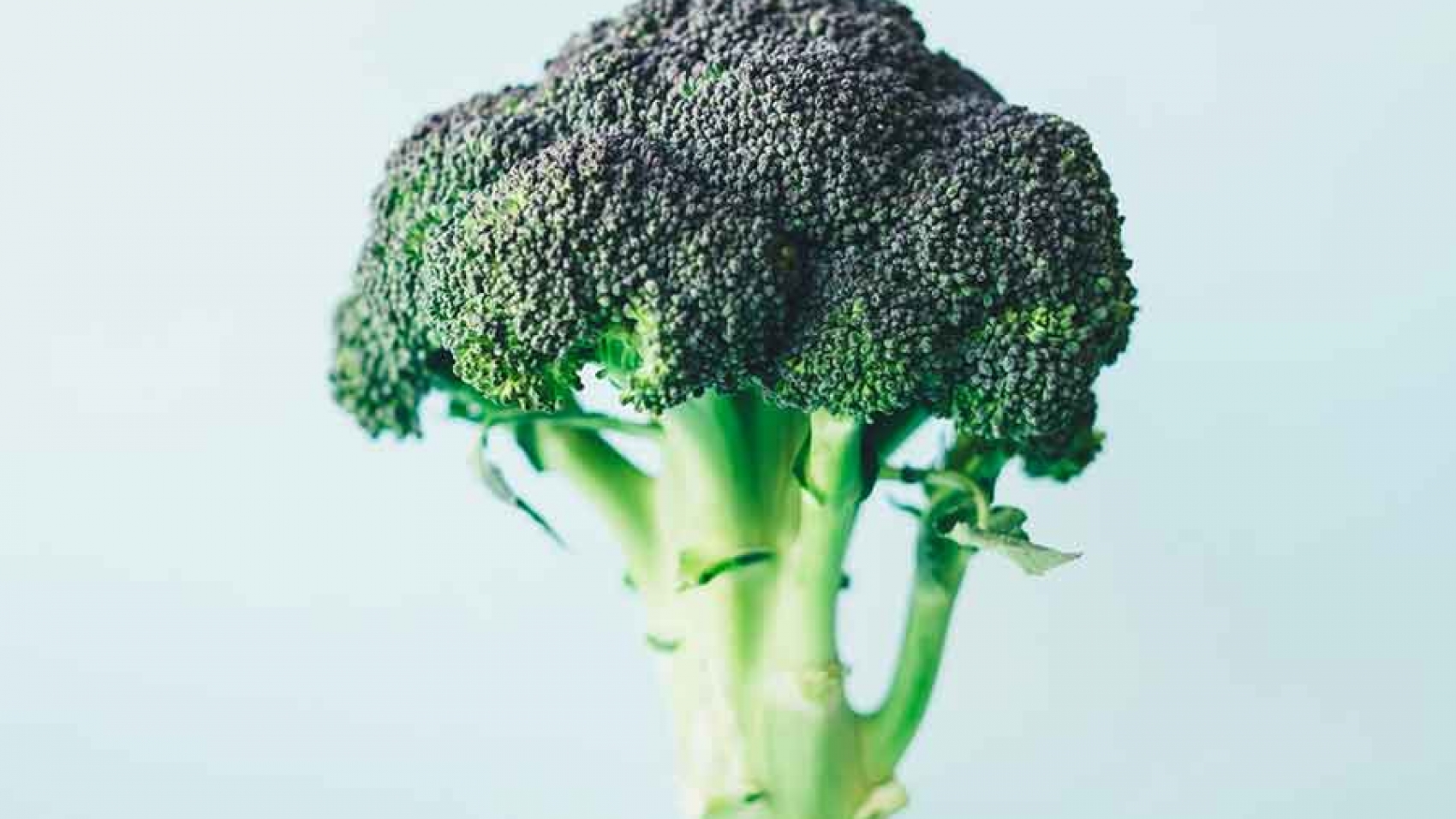Cruciferous Vegetables and Air Pollution Effects
Outdoor air pollution is the ninth leading cause of death and disability in the world.
In 1970, when the air quality standards were established, air pollution was regarded primarily as a threat to respiratory health. Over the next decades as research advanced, public health concern broadened to include cardiovascular disease; diabetes mellitus; obesity; and reproductive, neurological, and immune system disorders.
Air pollution exposure is associated with oxidative stress and inflammation in human cells, which leads to cancer and chronic diseases. In 2013 WHO deemed air pollution a human carcinogen. We must demand public policy measures to reduce air pollution, including vehicle inspections, efficient public transport, bus lanes, bicycle lanes and urban tolls, amongst others.
Detoxifying Enzymes
We have detoxifying enzymes in our liver and the linings of our lungs. Studies show that people born with less effective detox enzymes have an exaggerated allergic response to diesel exhaust, suggesting that these enzymes actively combat the inflammation caused by pollutants in the air.
We can boost the activity of these detoxification enzymes.
Cruciferous Vegetables Boost Detoxifying Enzymes
Cruciferous vegetables improve our ability to detox carcinogens from air pollution, decrease inflammation and increase our defense against infections.
Cruciferous veggies are a diverse group that includes broccoli, cauliflower, cabbage, kale, bok choy, arugula, Brussels sprouts, collards, watercress and radishes. The name “cruciferous” is an informal classification for members of the mustard family and comes from the Latin cruciferae meaning “cross bearing,” because the four petals resemble a cross.
While these veggies grow in all different colors, shapes and sizes, they share several nutritional benefits. Most cruciferous vegetables are rich in vitamins and minerals such as folate and vitamin K. Dark green cruciferous veggies also are a source of vitamins A and C and contain phytonutrients — plant-based compounds that may help to lower inflammation and reduce the risk of developing cancer. Cruciferous vegetables also are rich in fiber and low in calories, a combination that will help you feel full and satisfied without overeating.
Studies show that cruciferous vegetable consumption decreases inflammation in smokers and nonsmokers, and eating more than two cups these vegetables a day is associated with a 20 percent reduced risk of dying (compared to eating a third or less of a cup).
While politicians fight over public policy, we can and must protect ourselves by consuming cruciferous vegetables. Supplements may be useful, but as with all supplements, consult with a nutritionist our nutritionally aware health professional.


